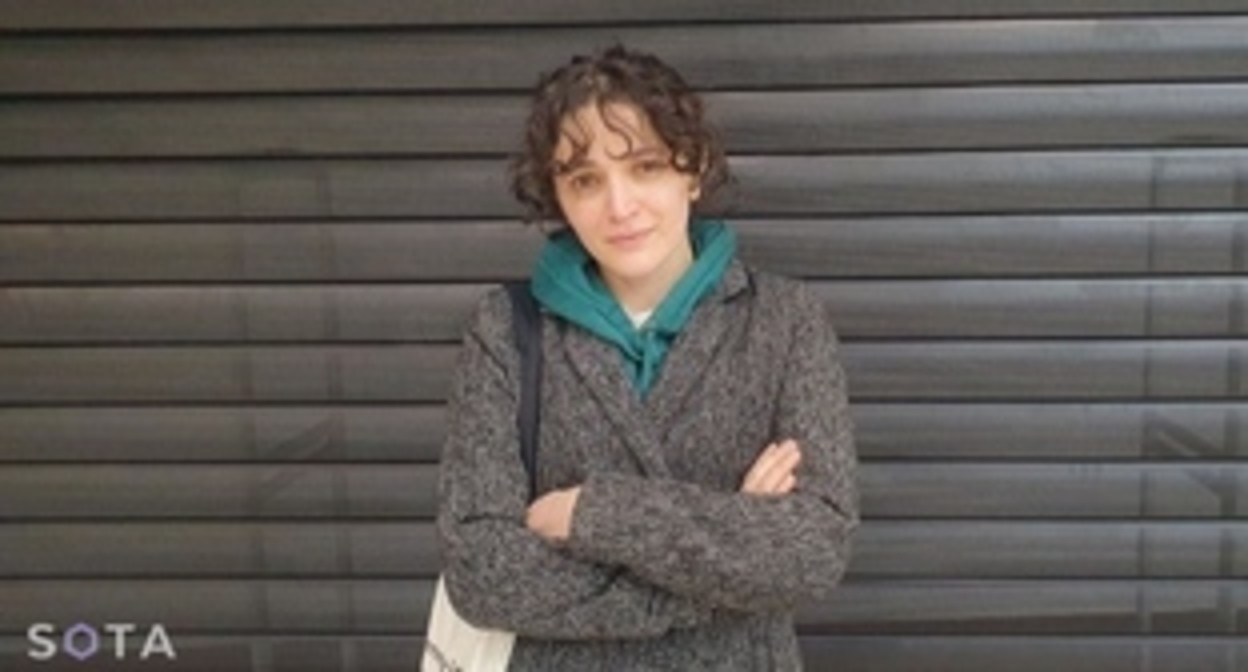Week in the Caucasus: review of main events of March 7-13, 2022
Echo in Southern Russia of the special military operation in Ukraine; aggravation of the situation in the Karabakh conflict zone; anniversary of the deportation of the Balkar people, – see the review of these and other events in the Caucasus during the week of March 7-13, 2022, prepared by the “Caucasian Knot”.
Echo in Southern Russia of special military operation in Ukraine
The Russian military continues the special operation in Ukraine, launched on February 24. The number of refugees is growing, and more than 223,000 people have been evacuated.
Almost every day, the authorities of the regions of Southern Russia report about compatriot soldiers killed in Ukraine. By March 13, it was reported about at least 12 natives of Kuban, 14 soldiers from North Ossetia, and 23 natives of Dagestan killed in Ukraine.
After the anti-war actions, part of the activists in Southern Russia complained about persecution. On March 12, law enforcers conducted searches in apartments of advocate Mikhail Benyash and activist Yana Antonova in Krasnodar. Participants of protest actions against the special military operation in Ukraine are being punished on the charge of discrediting the Russian armed forces. So, three residents of Taganrog have already been fined. On March 13, residents of Southern Russia again took to the streets for peace. According to human rights defenders, at least 22 people were detained at protest actions in Volgograd, Krasnodar, Sochi, and Rostov-on-Don.
Parliamentary elections in Abkhazia
On March 12, Abkhazia held voting in the elections to the People’s Assembly. MPs were elected in 17 districts out of 35, and the remaining districts will elect MPs during the second round of the voting.
Local journalists associated the relatively low turnout with bad weather and a lack of competition in the election. Candidate Astamur Kakaliya suggests that the election committee’s reports of no violations at the polling stations indicate problems in the operation of the election commissions. According to Astamur Kakaliya, during the pre-election campaign, many candidates from the ruling power and their rivals used to bribe voters by providing minor services to them. In general, the election campaign in Abkhazia demonstrated the fragmentation of the opposition, analysts noted.
The Georgia’s Ministry of Foreign Affairs (MFA) announced considering the elections in Abkhazia as illegal. The European Union has noted that it supports the territorial integrity of Georgia and believes that the elections in Abkhazia do not comply with the legal framework.
Aggravation of situation in Karabakh conflict zone
In recent days, the situation near the border between Azerbaijan and Nagorno-Karabakh has escalated. On the night of March 10, the Azerbaijani military fired about 23 mortar shells in the direction of the Khramort village in the Askeran District, the Ministry of Defence (MoD) of Nagorno-Karabakh reported. A resident of the village Khramort got a wound to his back in the yard of his own house. Azerbaijan reported about shelling attacks on its positions in the Agdam District in the Khodjavend and Fizuli directions on March 10. Besides, since March 8, residents of Karabakh have been cut off from the supply of gas, heating, and hot water, as a gas pipeline was damaged in the territory controlled by Azerbaijan. To date, no agreement has been reached to repair the pipeline.
According to human rights defenders, shelling attacks, psychological pressure, and lack of conditions for a normal life lead to a humanitarian catastrophe in Karabakh. On March 12, participants of a protest action in Stepanakert called on the international community and Russia to influence the behaviour of Azerbaijan.
Anniversary of deportation of Balkar people
On March 8, Nalchik hosted a rally timed to coincide with the 78th anniversary of the deportation of the Balkar people. The Balkars shared their memories of returning home from exile. Many of them reported how, upon returning to their homeland, they found that they were left without housing. The participants of the rally performed a memorial prayer, laid flowers at the memorial, and also announced a minute of silence.
Easing coronavirus restrictions in Southern Russia
For the second week in Southern Russia, regional authorities are lifting restrictions imposed earlier because of COVID-19. On March 5, QR codes were cancelled in North Ossetia. On March 4-9, the authorities of the Krasnodar Territory, the Astrakhan and Rostov Regions, Kabardino-Balkaria, and Karachay-Cherkessia have also cancelled the requirement for QR codes. However, the mask regime is still valid in all the above regions, and some of them still preserve the requirement to maintain social distance.
On March 11, Chechnya lifted all restrictions imposed because of the pandemic due to the improvement of the epidemiological situation, announced Chechen leader Ramzan Kadyrov. The complete abolition of anti-COVID restrictions became a manifestation of the same zeal with which the mask regime was imposed in the republic at the beginning of the pandemic. After the first case of coronavirus was confirmed in Chechnya on March 24, 2020, Ramzan Kadyrov called for severe punishment of quarantine violators. On April 3, 2020, a curfew was actually introduced in Chechnya.
This article was originally published on the Russian page of 24/7 Internet agency ‘Caucasian Knot’ on March 14, 2022 at 09:30 am MSK. To access the full text of the article, click here.





![Tumso Abdurakhmanov. Screenshot from video posted by Abu-Saddam Shishani [LIVE] http://www.youtube.com/watch?v=mIR3s7AB0Uw Tumso Abdurakhmanov. Screenshot from video posted by Abu-Saddam Shishani [LIVE] http://www.youtube.com/watch?v=mIR3s7AB0Uw](/system/uploads/article_image/image/0001/18460/main_image_Tumso.jpg)